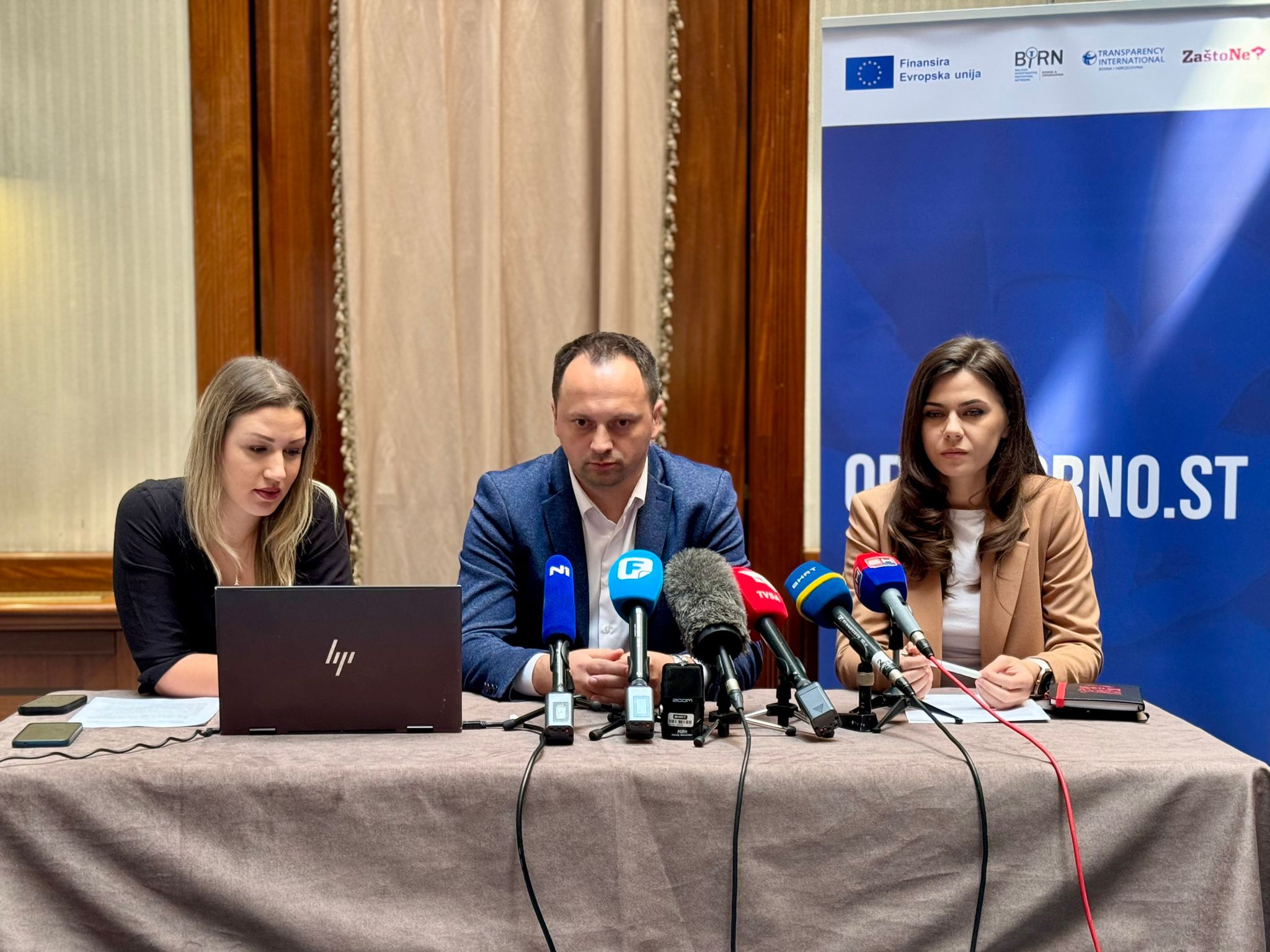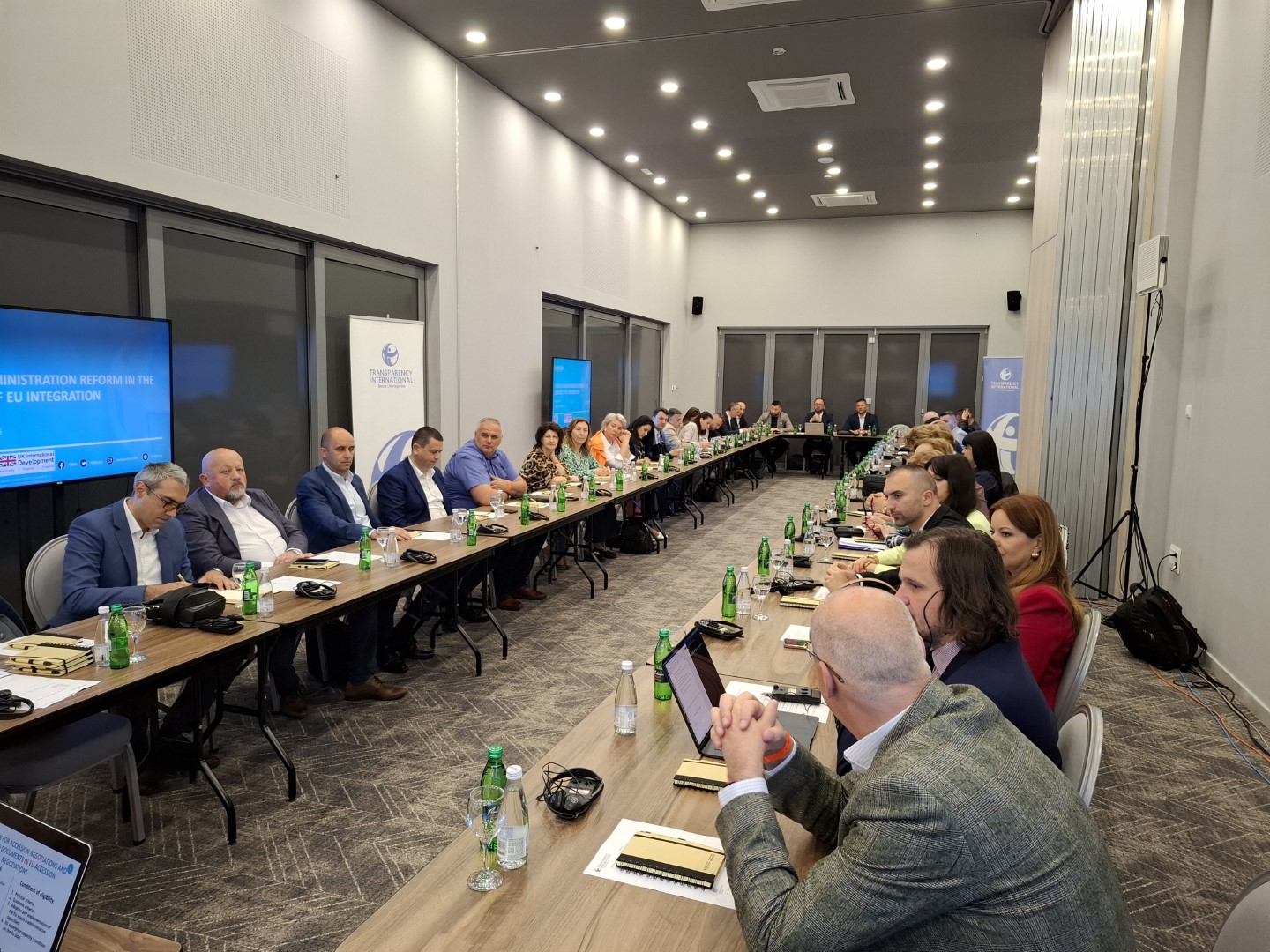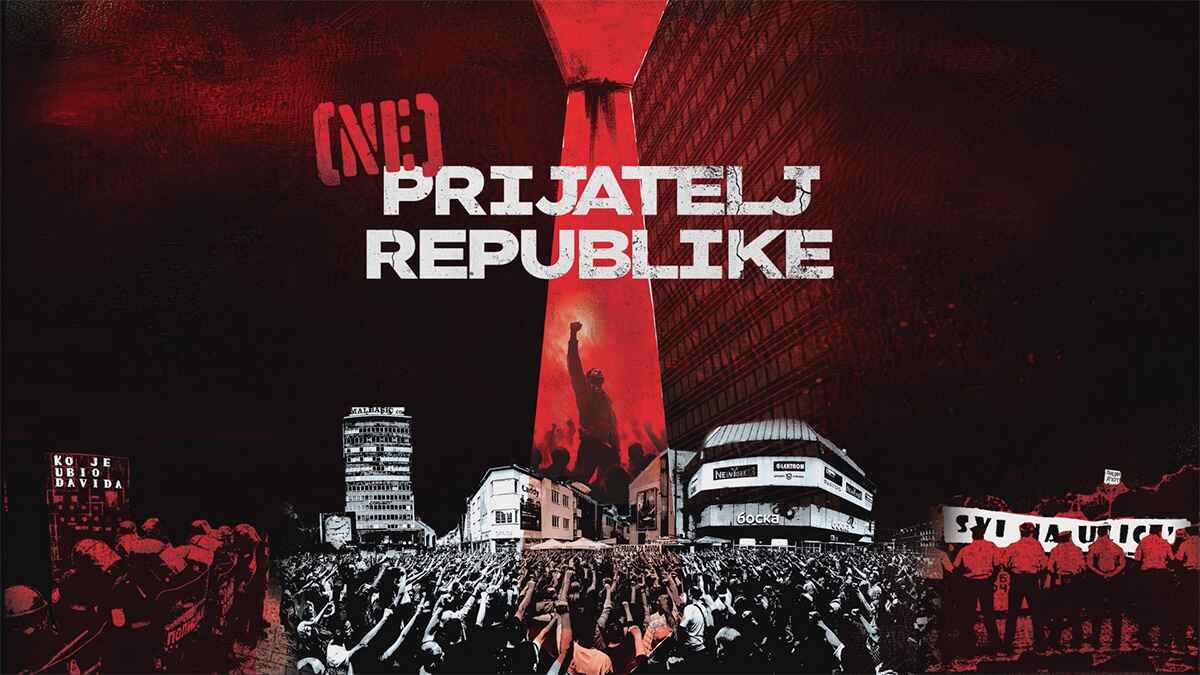Berlin, 18 May 2007 – Statement on the World Bank by Transparency International

The departure of Paul Wolfowitz as president of the World Bank opens the door to new leadership to take the Bank and its vital Governance and Anti-corruption Strategy forward. Implementation of the strategy is critical if the Bank is to fulfil its mission of reducing poverty.
On 17 April, Transparency International (TI) called for the strategy to remain a top institutional priority. Its successful implementation requires the backing of a wide range of external and internal stakeholders, including governments and civil society, whose support has been called into question by the crisis. TI’s national chapters around the world are concerned that the Bank’s efforts to promote anti-corruption reform in their countries have been damaged and that urgent action is needed to restore the Bank’s credibility. The capacity of the Bank to engage with them and with other civil society organisations depends on new, dynamic and credible leadership.
But the strategy is simply a tool; without the solid commitment of the Board, president and staff to fight corruption throughout the Bank and its operations, it will be meaningless. Demonstrating that commitment means providing the necessary resources – financial and human – as well as ongoing consultations with civil society and the political will to stop loans when evidence of corruption emerges. It means focusing on prevention, coupled with the credible threat of enforcement.
The role of the Department of Institutional Integrity must be strengthened and recognised as an essential component of the Bank’s anti-corruption work.
As the Bank’s members select a new president, Transparency International will closely examine the candidates’ experience of and commitment to anti-corruption, and whether they can command the support and trust of the Board. Their integrity must be beyond question. The selection process must be fully transparent. The incoming president must recognise the importance of fighting corruption to the Bank’s anti-poverty mandate and continue to drive the strategy forward.
Accountability is a two-way street. Paul Wolfowitz has been held accountable for his actions. Repairing the World Bank's credibility now depends on the Board of Directors, including the Ethics Committee, the president and staff upholding the highest standards of integrity and accountability. The Bank must now send an unmistakable signal to internal and external stakeholders that every employee will be held accountable for respecting those standards. It must offer compelling evidence that its internal procedures will be sufficiently strengthened to prevent a recurrence of this type of situation.
The World Bank’s anti-corruption work is in paralysis, and the crisis will not end simply because Paul Wolfowitz has gone. His departure must be followed by an intensified effort to integrate the fight against corruption across the breadth of the Bank’s work. There can be no return to “business as usual” simply because the immediate leadership question has been resolved.
Uključite se
Budite u toku
Pretplatite se na naš bilten i dobijajte periodična obavještenja o našim objavama, najavama, pozivima i aktivnostima putem elektronske pošte.
Ne propustite
Ukoliko želite da dobijate naša saopštenja odmah nakon objavljivanja ostavite svoju e-mail adresu u polje ispod.



